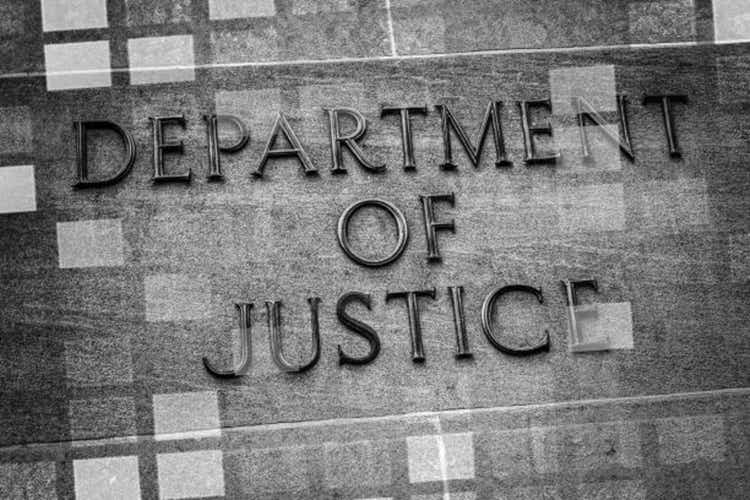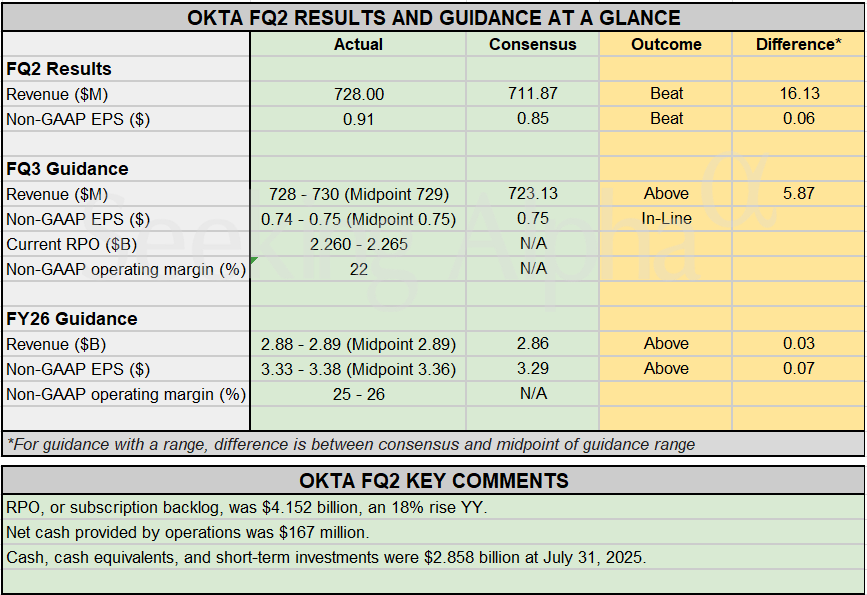The White House’s latest effort to tighten control over the Federal Reserve exemplifies President Trump’s typical tactics in battle. He has an uncanny knack for pushing the limits of protocol, precedent, constitutional boundaries, and American values by targeting individuals or organizations that are often seen as difficult to defend. In his latest bid, Trump has tried to remove Federal Reserve Governor Lisa Cook from her position after allegations of mortgage fraud emerged last week, prompted by an “anonymous tip” that landed on the desk of Federal Housing Finance Agency Director (FHFA) William Pulte.
Gov. Cook is not a sympathetic target, as early evidence looks damning. Still, any alleged misconduct on her part seems almost as reprehensible as the bank fraud that led to Trump’s conviction for inflating the value of his assets to obtain favorable loan and insurance rates. This is not to defend Cook, but rather to illustrate the parallelism and hypocrisy of the rule of law being subordinated to the law of the ruler. The Fed governor has over a dozen years remaining in her appointed term, she has not yet been proven to have intentionally broken any laws, and she may have made a clerical error in her mortgage applications. Equally important are the issues of fairness and due process as core principles that transcend popularity and personal morality.
For example, the 1988 Supreme Court decision in favor of Larry Flynt reaffirmed the freedom of expression for the misogynistic, disgraceful pornographer, no matter how offensive his work was. Notably, that decision affirmed that “the freedom to speak one’s mind is not only an aspect of individual liberty … but also is essential to the common quest for truth and the vitality of society as a whole.” Similarly, in their 1977 decision on what became known as the “Skokie Affair,” the Supreme Court fortified the First Amendment rights of the Nazi party in Skokie, Illinois, however distasteful it found their activities.
As important as due process is for individual fairness, respect for due process is for institutional freedom and legality. The Federal Reserve Act of 1913 ensures that the Fed is not subordinate to the President of the United States but rather sits as an independent, non-political, self-funded institution. with zero taxpayer support. The Fed does not always get it right, and we have been critical of their periodic sluggishness, as they oversteer the economy. However, the independence of the Fed is critical to the U.S. economy’s global stature and the U.S. dollar serving as the world’s reserve currency. The principle of central banker independence is why the U.S. monetary system is trusted and respected and historically not disrupted by political interference. As we have seen recently in Turkey, President Erdogan’s disastrous interference has led to soaring inflation and plummeting depreciation of the Turkish lira.
In the context of Gov. Cook, the potentially compelling accusations amount at this time to allegations and not indictments. Without a guilty verdict, the situation raises questions about the right to equal protection, considering the president’s parallel proven violations. In fact, if there is a strong case against Cook, then Trump’s clumsy interference could subvert his own Justice Department, which may have been ready to indict Cook based on the FHFA referral. Her strongest defense may be Trump’s political interference.
A constant feature
Such duplicity has been a constant feature of the second Trump administration, characterized by the abusive treatment of undocumented immigrants and the militarization of municipal law enforcement in our nation’s major cities. In both instances, it places the defenders of fairness, due process, constitutionality, and American values in the problematic position of being portrayed as defending “invading foreign criminals” and excusing urban crime, despite the minuscule share of criminals among undocumented immigrants and the reality of plunging crime rates in metros.
The challenge for honorable, patriotic public figures is how to defend American principles that are foundational to our nation’s character without falling into the clever, quicksand-like trap that Trump has set for his chosen targets. Messaging must make distinctions, but also avoid getting lost in parenthetic abstractions or potentially easier-to-discredit targets.
The implications for business leaders are clear. CEOs must recognize that they, too, can inadvertently become complicit in the erosion of core American values as they merely watch, worried from the sidelines, as peer companies are subjected to extortion through the surrender of massive profits or equity stakes just to do business in the U.S.—ranging from AI and semiconductor chips to agriculture and insurance.
The subjugation of private enterprise governance to a single political bully through gradual stations may not seem to be a sympathetic cause to all populists, but it is equivalent to the gradual degradation of an independent Fed and the rule of law. Similarly, Trump’s expanding war on American cities is eroding our nation’s fundamental character regarding state rights and local accountability. The fundamental challenge is to realize that we lose our character through incremental, creeping concessions to the totalitarian process.
The opinions expressed in Fortune.com commentary pieces are solely the views of their authors and do not necessarily reflect the opinions and beliefs of Fortune.
This story was originally featured on Fortune.com

 2 hours ago
1
2 hours ago
1














 English (US) ·
English (US) ·